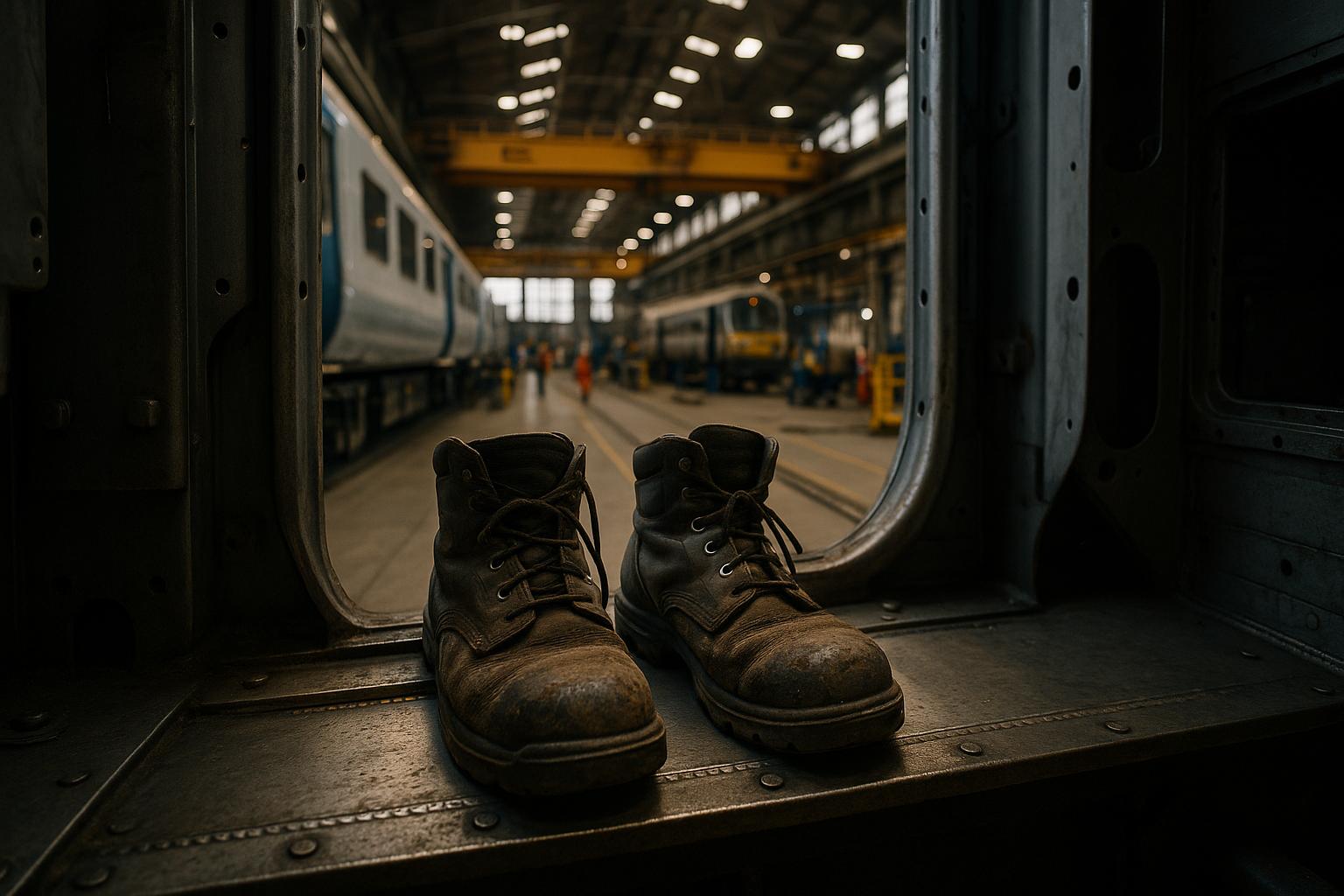Work has commenced on a substantial £430 million contract to build ten new nine-car Aventra trains for London’s Elizabeth Line, securing the future of Britain’s last remaining train factory. The contract, awarded to French rail company Alstom, marks a significant moment in UK rail manufacturing history as it coincides with the 200th anniversary of the world's first passenger railway, which opened from Stockton-on-Tees to Darlington in 1825.
The new trains are being constructed at Alstom’s Derby Litchurch Lane Works, the only facility in Britain capable of designing, engineering, building, and testing trains entirely from scratch. The Derby works, established in 1876, has endured multiple ownership changes since privatisation in 1989 before being acquired by Alstom in 2021. Unlike other UK train plants, such as Hitachi’s facility in Newton Aycliffe, which primarily assembles components manufactured abroad, Derby maintains the capability to produce complete trains domestically.
The Elizabeth Line, operated by Transport for London, has seen unprecedented success since its opening in May 2022. With over 600 million passenger journeys recorded to date, it has rapidly become the busiest railway service in the UK. Daily ridership averages around 600,000 journeys, outstripping initial forecasts, and passenger demand has surged by approximately 40% between mid-2022 and late 2023. This growing demand prompted the extension of the fleet with the latest order of Aventra trains to maintain service levels and cater to future growth.
Alongside manufacturing, Alstom’s contract includes maintenance services for the Elizabeth Line trains until 2046, ensuring operational reliability and efficiency over the coming decades. The Derby plant’s unique role as the UK’s sole train-building facility for both domestic and export markets underscores its strategic importance to the British rail industry.
Andy Butters, managing director of the Derby factory, reflected on the significance of this moment, noting with poetic resonance how one of the world’s earliest locomotives, Locomotion No. 1, was recently showcased at the site, symbolising a full circle from the dawn of passenger rail travel to the manufacture of the country’s newest electric trains.
The Elizabeth Line has also played a broader socio-economic role by fostering regeneration and growth along its route. Areas such as Abbey Wood have witnessed new housing developments and employment opportunities emerging as a result of improved connectivity, demonstrating the transformative impact of modern rail infrastructure beyond mere transport.
This renewal and expansion of Britain’s rail manufacturing capabilities come after a period of uncertainty at the Derby works, which had faced job risks amid a shortage of orders. The new contract, therefore, represents not only a commercial success but also a vital preservation of manufacturing heritage and skilled employment in the UK rail sector.
📌 Reference Map:
- Paragraph 1 – [1], [4]
- Paragraph 2 – [1], [2], [3], [4]
- Paragraph 3 – [1], [5], [6], [7]
- Paragraph 4 – [2], [3], [4]
- Paragraph 5 – [1]
- Paragraph 6 – [5], [6], [7]
- Paragraph 7 – [1], [4]
Source: Noah Wire Services
